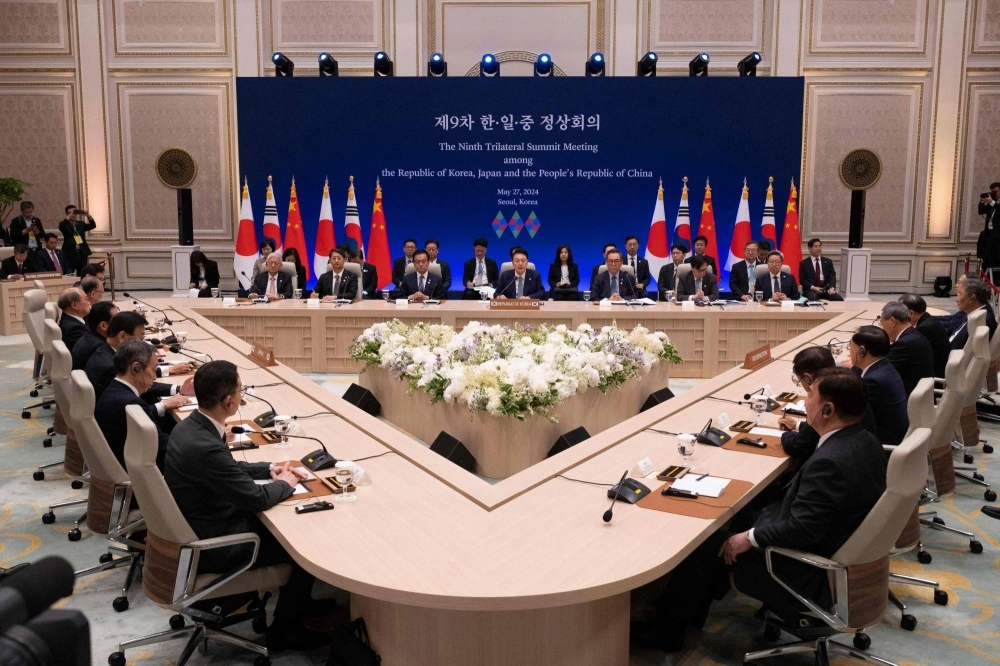Any meeting is better than no meeting — that is the consensus on the takeaway from this week’s trilateral summit between Japan, South Korea and China, the first such meeting in five years.
Surely, the primary goal of this summit was to return to some level of talks among the participants. China hopes to use this venue to induce Japan and South Korea to distance themselves from the U.S. and to engage with China at the economic and cultural levels. Japan and South Korea, for their parts, are engaging to avoid the perception that they are being unreasonable.
But the underlying force driving the trilateral summit — which yielded little in substance — is the fact that Beijing needed these talks to happen more than Tokyo and Seoul.
















With your current subscription plan you can comment on stories. However, before writing your first comment, please create a display name in the Profile section of your subscriber account page.